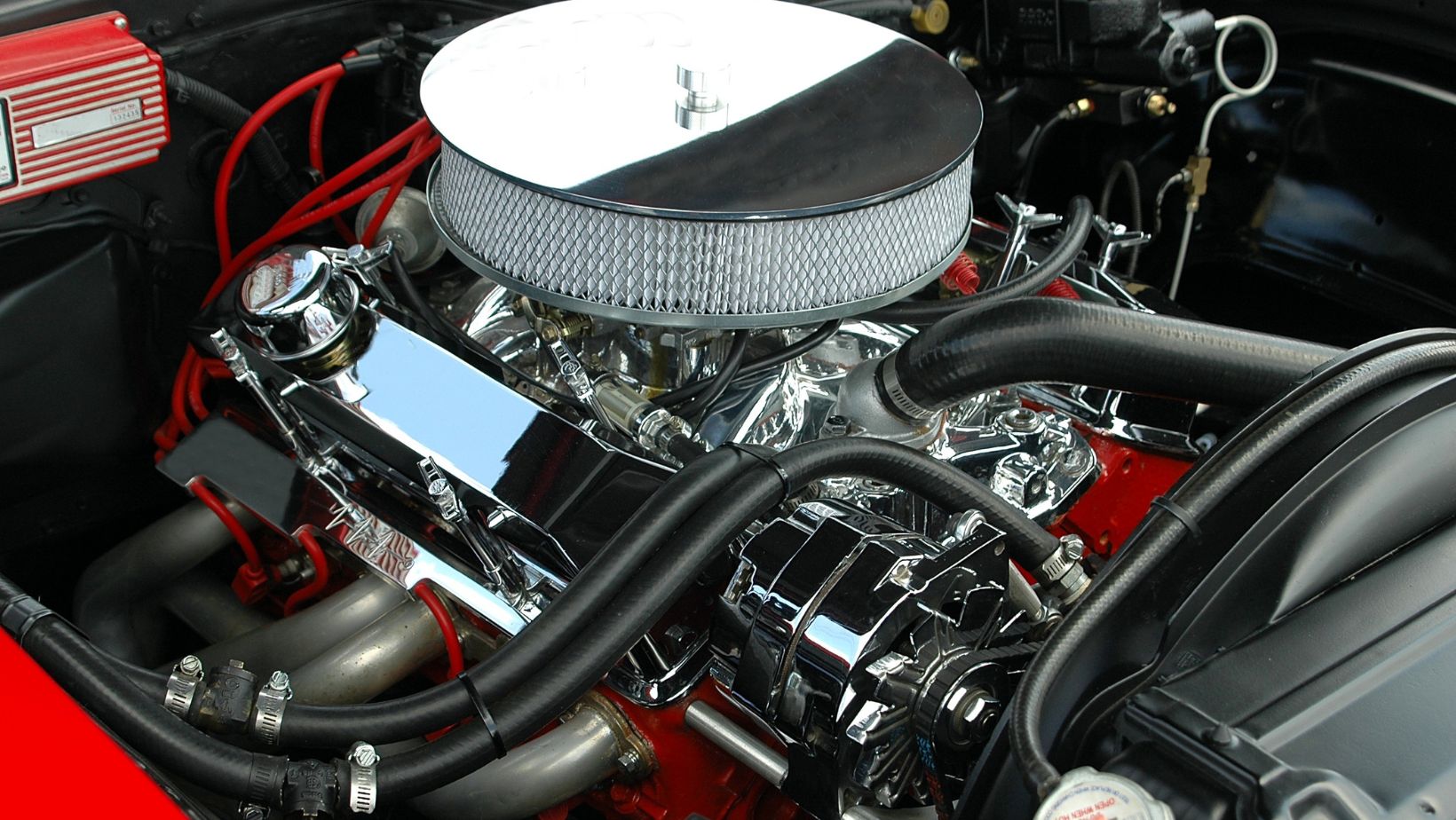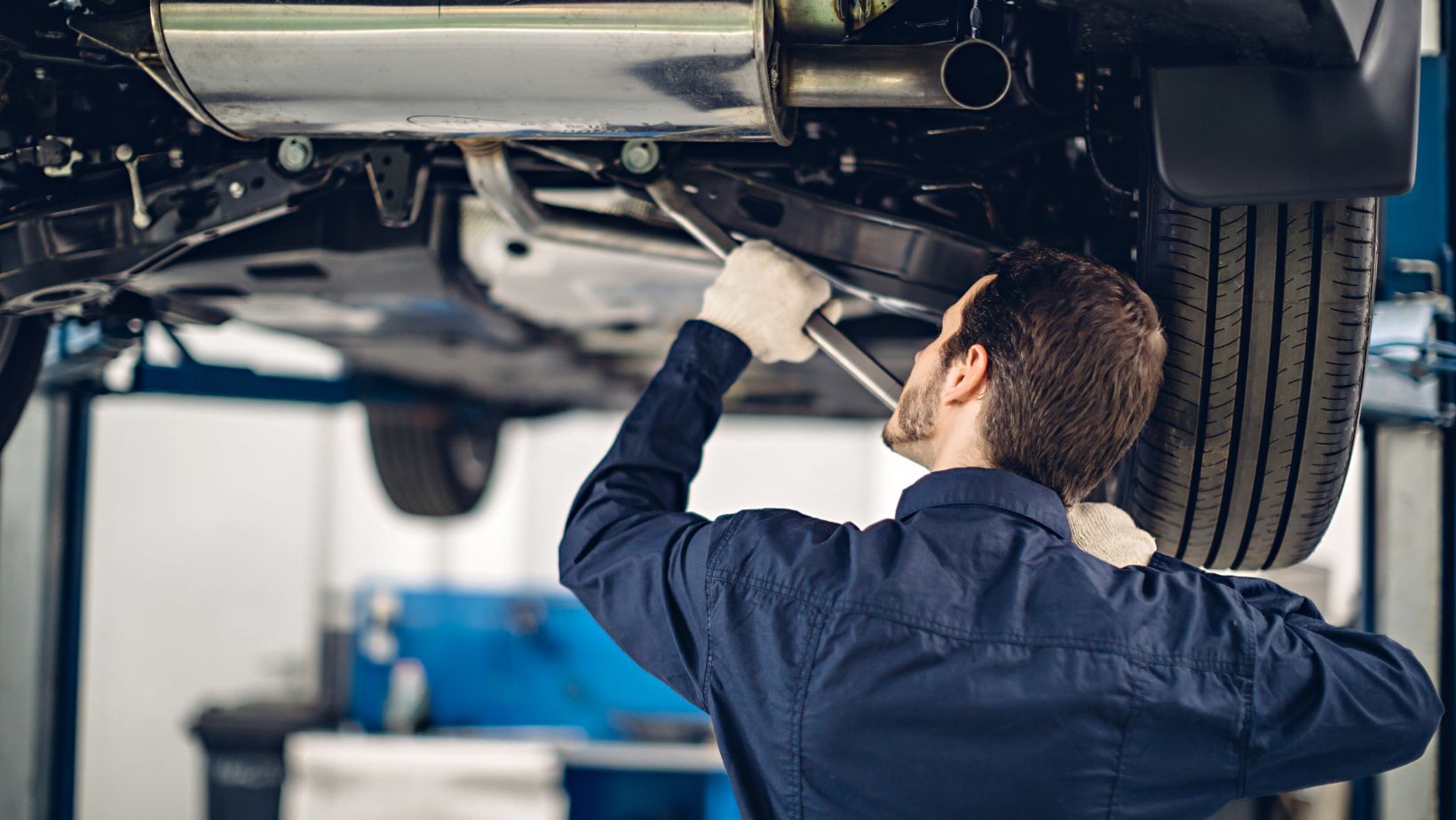
Undercarriage Car Damage Repair Cost
When it comes to protecting your car’s undercarriage and avoiding costly repairs, there are a few key strategies that can help. Maintaining a proactive approach is the best way to prevent undercarriage damage and keep repair costs at bay.
Firstly, regular inspections are crucial in identifying any potential issues before they escalate. Taking the time to visually inspect your car’s undercarriage for signs of wear, such as rust, dents, or loose parts, can save you from expensive repairs down the road. Additionally, be sure to check for any leaks or fluid drips that could indicate a larger problem.
Secondly, practicing safe driving habits can go a long way in reducing the risk of undercarriage damage. Avoiding potholes and rough terrain whenever possible can help minimize the impact on your car’s underside. It’s also important to maintain an appropriate distance from curbs and obstacles while parking to prevent scraping or hitting the undercarriage.
Lastly, investing in protective measures like skid plates or undercarriage coatings can provide an extra layer of defense against potential damage. These add-ons act as barriers between your car’s vulnerable components and hazards on the road, reducing the chance of costly repairs.
By staying vigilant with inspections, driving cautiously, and considering additional protective measures, you’ll be well-equipped to avoid unnecessary undercarriage car damage repair costs. Remember that prevention is key when it comes to preserving your vehicle’s longevity and saving money in the long run.

Inspecting the Undercarriage Regularly
When it comes to avoiding costly undercarriage car damage repair, one of the best practices is to regularly inspect this crucial component of your vehicle. By taking the time to visually assess the undercarriage, you can identify potential issues early on and address them before they escalate into bigger problems. In this section, I’ll outline why regular inspections are important and provide some guidance on how to effectively carry out these checks.
Why should you inspect the undercarriage regularly? Well, here’s the deal: The undercarriage is exposed to a range of road hazards such as potholes, debris, and even corrosive substances like salt or chemicals used for snow removal. Over time, these factors can take a toll on various parts of your vehicle’s undercarriage, including suspension components, exhaust systems, and fuel lines. By inspecting it regularly, you can catch any signs of damage or wear early on and prevent further deterioration.
So what exactly should you look for during an undercarriage inspection? Here are some key checkpoints:
- Rust or corrosion: Keep an eye out for any signs of rust or corrosion on metal surfaces. These can weaken structural integrity and lead to expensive repairs down the line.
- Leaks: Check for any fluid leaks such as oil, coolant, or brake fluid. Leaks not only indicate potential mechanical issues but also pose environmental hazards.
- Damage to protective shields: Look for any dents or cracks in the protective shields that cover vital components like your engine or transmission. These shields serve as a barrier against road debris and need to be intact.
- Loose or damaged parts: Inspect bolts, nuts, and other fasteners for tightness and ensure that all components are securely attached.
Remember that prevention is key when it comes to avoiding hefty repair costs associated with undercarriage damage. By incorporating regular inspections into your maintenance routine, you can catch potential issues early, save money, and ensure the longevity of your vehicle.
In the next section, we’ll delve into another effective strategy for reducing undercarriage car damage repair costs: practicing safe driving habits. Stay tuned!






































